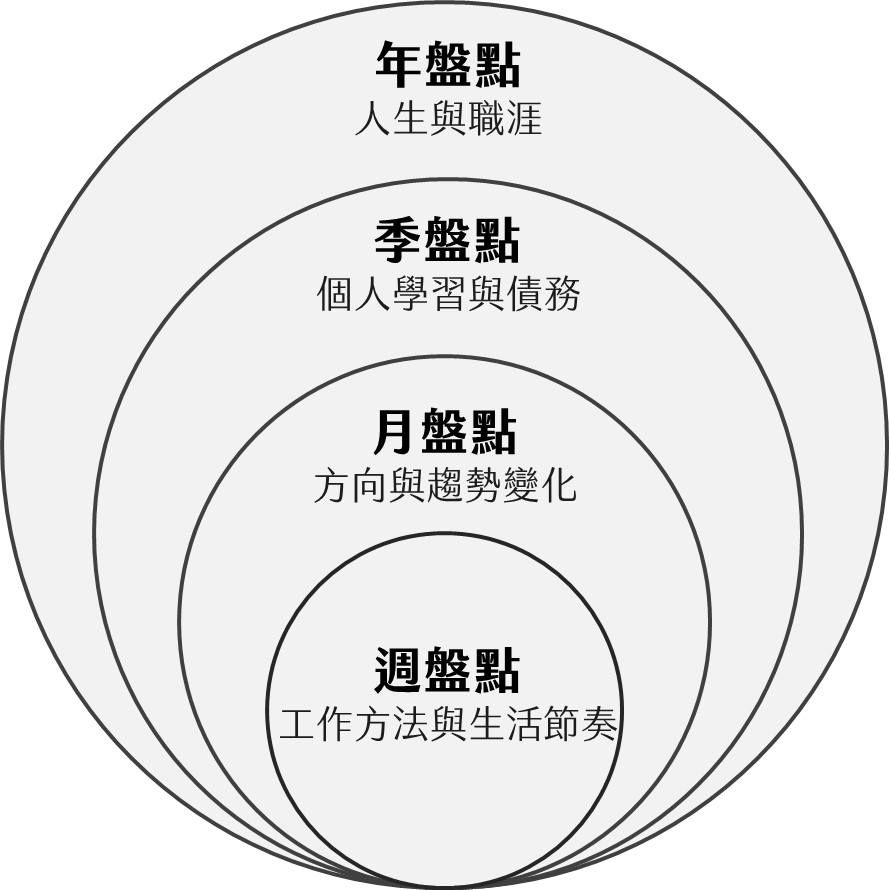
Skeptical optimist. Like to laugh.
Fire & Motion 19
Fleeting quotes

Reading
📕How to Win Friends & Influence People
Asking questions not only makes an order more palatable. It often stimulates the creativity of the persons whom you ask. People are more likely to accept an order if they have had a part in the decision that caused the order to be issued.
Ask questions instead of giving direct orders. Help them walk through their own decisions.
If you want to improve a person in a certain respect, act as though that particular trait were already one of his or her outstanding characteristics.
Give the other person a fine reputation to live up to. Furthermore, emphasize that those characteristics come from the inner self, not given by others.
📄Are You the Same Person You Used to Be?
Looking at a photograph of himself as an infant, he wonders what that little person, with “arms and legs spread, and a face distorted into a scream,” really has to do with the forty-year-old father and writer he is now, or with “the grey, hunched geriatric who in forty years from now might be sitting dribbling and trembling in an old people’s home.” It might be better, he suggests, to adopt a series of names: “The fetus might be called Jens Ove, for example, and the infant Nils Ove . . . the ten- to twelve-year-old Geir Ove, the twelve- to seventeen-year-old Kurt Ove . . . the twenty-three- to thirty-two-year-old Tor Ove, the thirty-two- to forty-six-year-old Karl Ove—and so on.” In such a scheme, “the first name would represent the distinctiveness of the age range, the middle name would represent continuity, and the last, family affiliation.”
Sounds hilarious, but I do enjoy those moments that turn out to question my own defaults, such as is it possible that we don't dwell on the same name throughout lifetime.
"Wise" and "smart" are both ways of saying someone knows what to do. The difference is that "wise" means one has a high average outcome across all situations, and "smart" means one does spectacularly well in a few.
Recipes for wisdom, particularly ancient ones, tend to have a remedial character. To achieve wisdom, one must cut away all the debris that fills one's head on emergence from childhood, leaving only the important stuff. Both self-control and experience have this effect: to eliminate the random biases that come from your own nature and from the circumstances of your upbringing respectively. That's not all wisdom is, but it's a large part of it. Much of what's in the sage's head is also in the head of every twelve-year-old. The difference is that in the head of the twelve-year-old it's mixed together with a lot of random junk.
I have come to a moment that I truly believe that most of the stuffs people tend to achieve, has already been with us. Randomness just keeps adding in while we're growing up, and the process of "becoming an adult" is to counter that randomness or even eliminate that.
Watching
🎥All Quiet on the Western Front
My son is killed in the war. He doesn't feel any honour.
My mama always said life was like a box of chocolates.
持續地 murmur、關懷的尊嚴,與悲觀的積極樂觀主義者。
Outside Interest!
🎶Robot Swing (ft. 陳以恆 Yi Heng Chen) x 浪速影像有限公司 Naniwa Film|LUC UP ! 10 x 10 [合拍]
喜欢我的文章吗?
别忘了给点支持与赞赏,让我知道创作的路上有你陪伴。
发布评论…